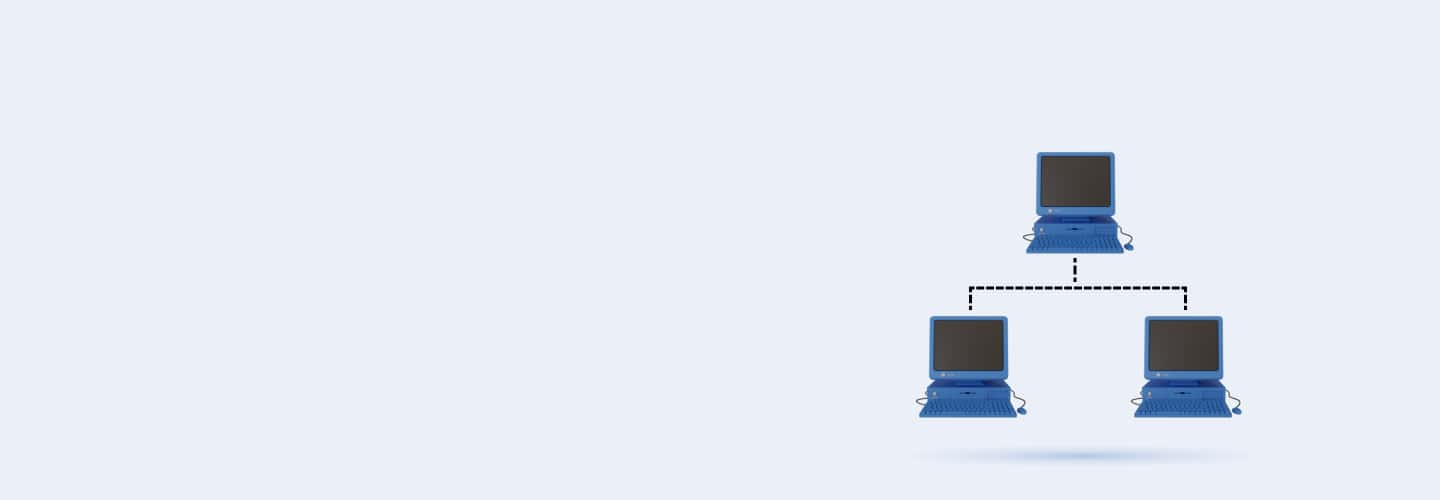
Q91
Q91 What is the primary advantage of microprogramming in CPU design?
Reduces instruction size
Simplifies control unit design
Increases processing speed
Increases clock speed
Q92
Q92 How does horizontal microprogramming differ from vertical microprogramming?
Vertical is more flexible
Horizontal uses fewer control signals
Vertical uses fewer control signals
Horizontal is faster
Q93
Q93 What role does the control memory play in microprogrammed control units?
It stores the main program
It stores the ALU results
It manages data transfer
It stores microinstructions
Q94
Q94 What is a microinstruction?
A data storage command
A program counter
A single machine-level instruction
A command that controls the operation of the CPU
Q95
Q95 How would you represent a microinstruction that loads a value into a register in a microprogrammed system?
MOV AX, BX
LOAD AX
IN AX, BX
XOR AX, BX
Q96
Q96 Write a sequence of microinstructions to perform an addition operation.
SUB R1, R2
LOAD R2
ADD R1, R2
STORE R1
Q97
Q97 How would you implement a conditional branch in microprogramming?
Use an unconditional branch
Use direct addressing
Use a test and branch microinstruction
Use an ALU operation
Q98
Q98 A microprogrammed control unit is executing the wrong microinstructions. What could be the issue?
Incorrect microcode
Cache memory error
Faulty ALU
Memory overflow
Q99
Q99 The control unit fails to fetch the correct microinstruction. What might be the problem?
Register overflow
Control memory failure
Faulty ALU
Program counter failure
Q100
Q100 A system with horizontal microprogramming is experiencing performance issues. What could be the cause?
Too many control signals
ALU failure
Slow clock speed
Insufficient memory
Q101
Q101 What is the main advantage of using a multiprocessor system?
Reduced power consumption
Reduced memory usage
Increased parallelism
Increased clock speed
Q102
Q102 Which of the following interconnection networks is commonly used in multiprocessor systems?
Bus
Star
Mesh
Ring
Q103
Q103 How does a symmetric multiprocessing (SMP) system differ from an asymmetric one?
SMP has a master-slave model
Asymmetric systems run slower
SMP uses multiple processors equally
Asymmetric systems use fewer processors
Q104
Q104 What is the primary challenge of using a shared memory multiprocessor system?
High power consumption
Reduced clock speed
High memory usage
Memory access conflicts
Q105
Q105 How does a NUMA (Non-Uniform Memory Access) architecture improve performance in multiprocessor systems?
By increasing cache
By increasing power usage
By using more cache
By reducing memory access latency
Q106
Q106 Given a dual-core processor, how would you distribute a workload between the two cores using parallel programming?
Use only one core
Use sequential execution
Divide the workload evenly
Increase clock speed
Q107
Q107 How would you implement communication between processors in a distributed memory system?
Using shared memory
Using message passing
Using direct memory access
Using a single bus
Q108
Q108 Write a code snippet to synchronize two processors in a multiprocessor system using a barrier.
lock(); barrier(); unlock();
lock(); barrier();
barrier();
unlock(); barrier();
Q109
Q109 A multiprocessor system is experiencing slow data transfer between processors. What is a likely cause?
Memory overflow
Insufficient cache
Low clock speed
Bus contention
Q110
Q110 A distributed memory system is experiencing delays in processor communication. What could be the issue?
Incorrect message passing protocol
Too many registers
Faulty cache
ALU failure
Q111
Q111 What is the primary function of a bus in a computer system?
To manage memory
To store instructions
To execute instructions
To transfer data between components
Q112
Q112 Which of the following is a characteristic of a synchronous bus?
Data transfer is random
Data transfer is clocked
No need for timing signals
Data transfer is unpredictable
Q113
Q113 How does a control bus differ from a data bus?
Control bus transfers data
Control bus increases speed
Control bus transfers instructions
Control bus coordinates signals
Q114
Q114 What is the role of bus arbitration in a computer system?
It manages data transfers
It stores instructions
It determines which component can use the bus
It synchronizes the CPU
Q115
Q115 Write an assembly instruction to read data from the bus into a register.
OUT AX, BUS
IN AX, BUS
MOV AX, BUS
XOR AX, AX
Q116
Q116 How would you implement data transfer between CPU and memory via the system bus using assembly language?
MOV AX, [MEM]
MOV AX, BUS
MOV [BUS], MEM
MOV [MEM], AX
Q117
Q117 Write a code snippet to implement bus arbitration between multiple devices.
lock(); bus_grant(); unlock();
bus_grant(); unlock();
bus_grant(); bus_request();
lock(); bus_request(); unlock();
Q118
Q118 A system is experiencing slow data transfer over the bus. What could be the issue?
Memory is full
Bus is overloaded
ALU failure
CPU clock speed too high
Q119
Q119 A device is not gaining control of the bus despite issuing a request. What could be the cause?
Memory overflow
ALU malfunction
Incorrect bus clock
Bus arbitration failure
Q120
Q120 What is the primary function of virtual memory in modern computer systems?
To reduce disk usage
To allow execution of programs larger than physical memory
To increase processor speed
To increase CPU clock speed

